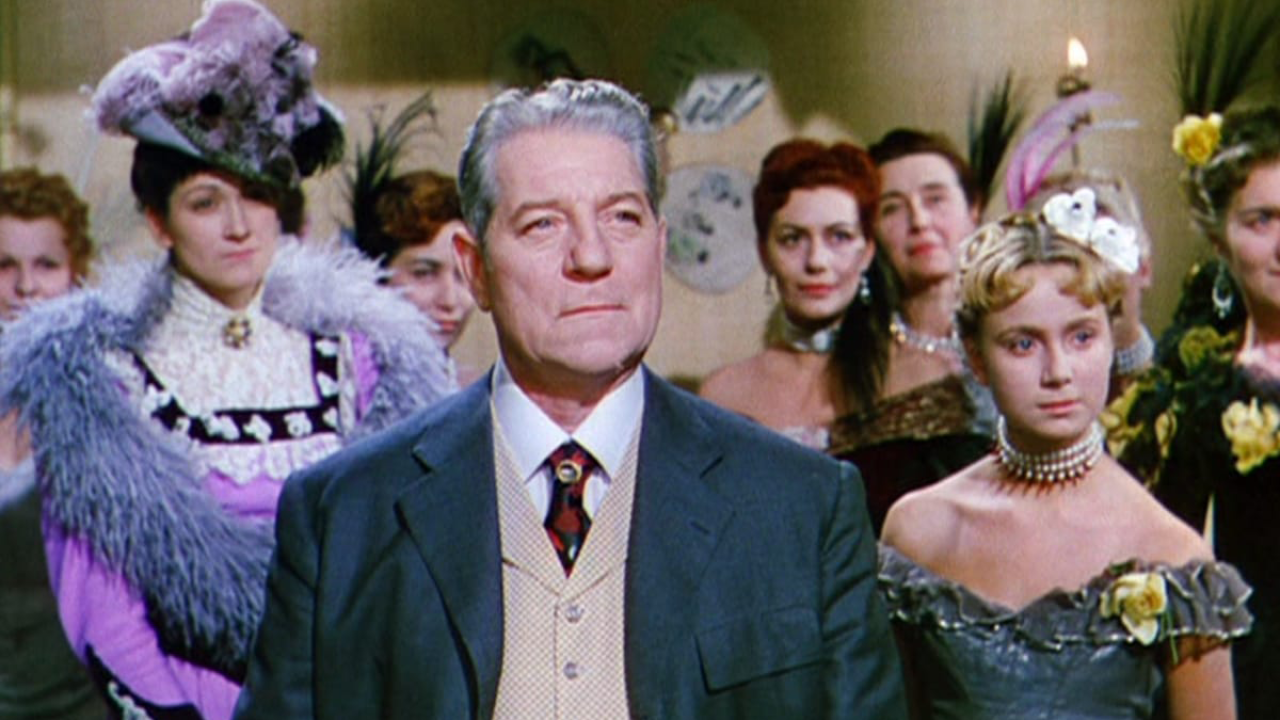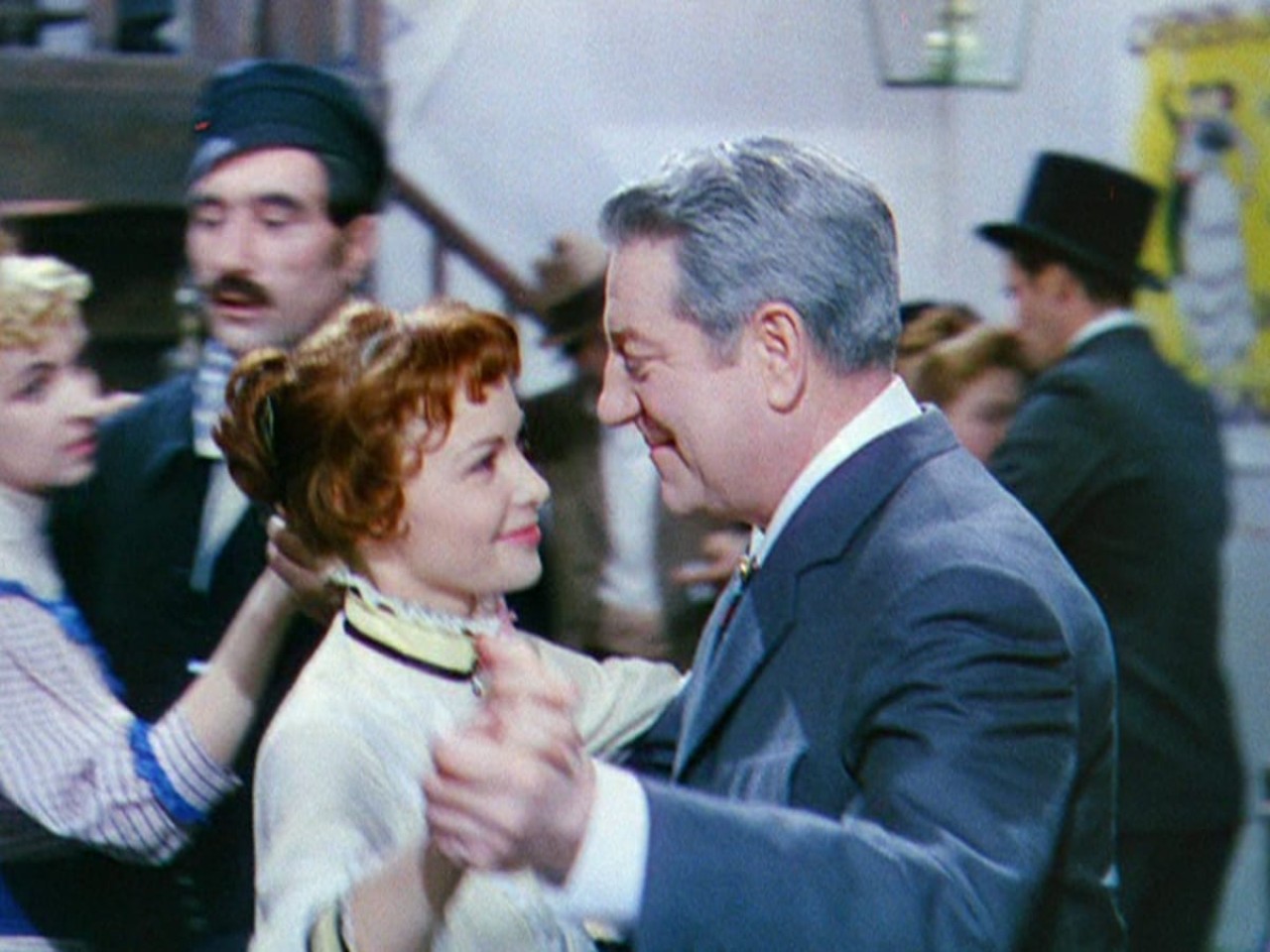French Cancan

Nineteenth-century Paris comes vibrantly alive in Jean Renoir’s exhilarating tale of the opening of the world-renowned Moulin Rouge. Jean Gabin plays the wily impresario Danglard, who makes the cancan all the rage while juggling the love of two beautiful women—an Egyptian belly-dancer and a naive working girl turned cancan star. This celebration of life, art and the City of Light (with a cameo by Edith Piaf) is a Technicolor tour de force by a master of modern cinema.
Special Features
- High-definition digital transfer
- Introduction by filmmaker Peter Bogdanovich
- Jean Renoir parle de son art: part two of Jacques Rivette's three-part interview with Renoir
- Interview with set designer Max Douy
- Collection of rare production stills
- PLUS: An essay by film critic Andrew Sarris
Available In
Special Features
- High-definition digital transfer
- Introduction by filmmaker Peter Bogdanovich
- Jean Renoir parle de son art: part two of Jacques Rivette's three-part interview with Renoir
- Interview with set designer Max Douy
- Collection of rare production stills
- PLUS: An essay by film critic Andrew Sarris

Cast
- Jean Gabin
- Henri Danglard
- Françoise Arnoul
- Nini
- María Félix
- Lola de Castro
- Anna Amendola
- Arlette Vibert
- Jean-Roger Caussimon
- Baron Walter
- Dora Doll
- La Génisse
- Giani Esposito
- Prince Alexandre
- Gaston Gabaroche
- Oscar
- Jacques Jouanneau
- Bidon
- Jean Parédès
- Tailor
- Franco Pastorino
- Paulo
- Michèle Philippe
- Eleonore
- Michel Piccoli
- Captain Valorgueil
- Albert Rémy
- Barjolin
- France Roche
- Béatrix
- Jean-Marc Tennberg
- Savate
- Valentine Tessier
- Madame Olympe
- Philippe Clay
- Casimir
- Édith Piaf
- Eugénie Buffet
- Patachou
- Yvette Guilbert
- Cora Vaucaire
- Esther Georges
- André Claveau
- Paul Delmet
Credits
- Director
- Jean Renoir
- Producer
- Louis Wipf
- Screenplay
- Jean Renoir
- Cinematography
- Michel Kelber
- Editing
- Borys Lewin
- Set designer
- Max Douy
- Set decoration
- Jean André
- Set decoration
- Jacques Douy
- Costume designer
- Rosine Delamare
- Sound recordist
- Antoine Petitjean
- Original music by
- Georges van Parys






















